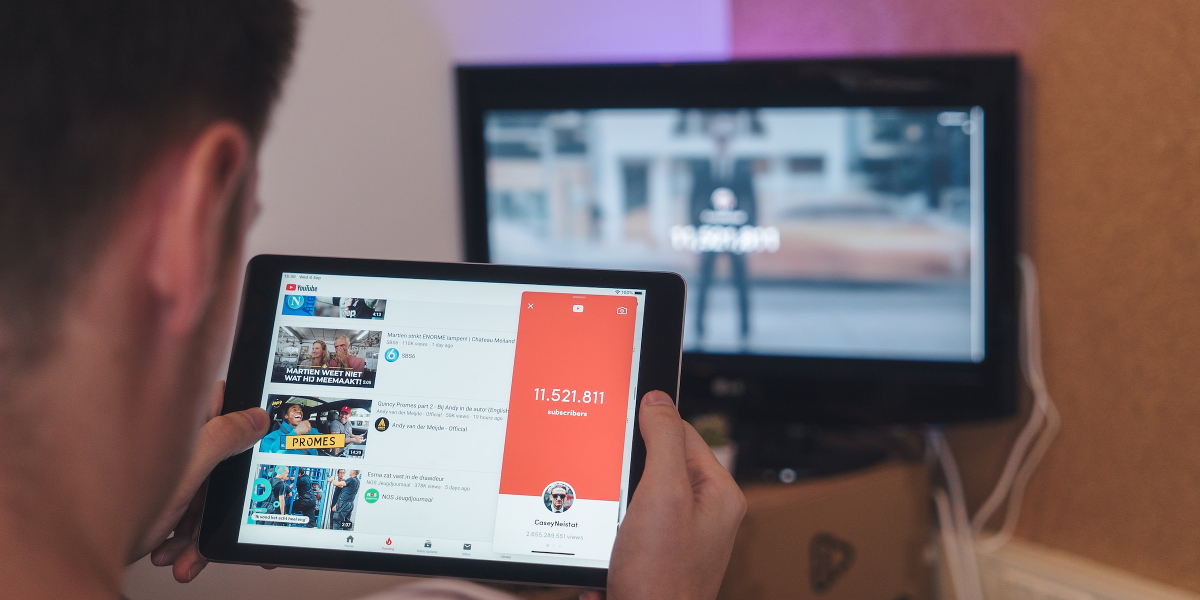 The UK’s communications regulator Ofcom today told broadcasters that it would make investigating complaints relating to coverage of COVID-19 its priority, as it issued guidance to UK broadcasters on changes relating to the coronavirus pandemic. While Ofcom warned it will take a tough stance against harmful coverage of the outbreak, the regulator also told broadcasters that it may relax its approach to enforcing broadcasters’ programming commitments, acknowledging the difficulty of maintaining these commitments in the current circumstances.
The UK’s communications regulator Ofcom today told broadcasters that it would make investigating complaints relating to coverage of COVID-19 its priority, as it issued guidance to UK broadcasters on changes relating to the coronavirus pandemic. While Ofcom warned it will take a tough stance against harmful coverage of the outbreak, the regulator also told broadcasters that it may relax its approach to enforcing broadcasters’ programming commitments, acknowledging the difficulty of maintaining these commitments in the current circumstances.
Ofcom said in its note to broadcasters that it recognises that many will want to prominently cover the coronavirus outbreak, and indeed that broadcasters play an essential role in disseminating accurate and up-to-date information on the subject. But it added that broadcasters have the potential to do significant harm through publishing inaccurate or misleading medical advice, health claims, or information around the virus or public policy relating to it.
“We will be prioritising our enforcement of broadcast standards in relation to the above issues,” said Ofcom. “In these cases, it may be necessary for Ofcom to act quickly to determine the outcome in a proportionate and transparent manner, and broadcasters should be prepared to engage with Ofcom on short timescales. Ofcom will consider any breach arising from harmful Coronavirus-related programming to be potentially serious and will consider taking appropriate regulatory action, which could include the imposition of a statutory sanction.”
The regulator added that broadcasters should have contingency plans in place for how they will respond to Ofcom requests in the event that their compliance officers should fall ill and be unable to work. “If their contingency plans for compliance come under threat, broadcasters should consider carefully whether they should remain on air,” said the note.
While Ofcom will take a firm stance against misleading or harmful reporting, it will be relaxing its enforcement around broadcasters’ programming commitments. Social distancing requirements around the world have made TV production much more difficult, or in some cases impossible. UK broadcaster ITV said in a trading update issued earlier today that “recent restrictions on working practices are now having a significant impact on ITV Studios’ ability to film productions. The broadcaster added that it has had to “pause a significant number of productions in the UK and internationally”.
These restrictions will make it difficult to fulfil obligations around the types or volumes of content they’re mandated to put out under their Ofcom licenses. Ofcom says it is not currently planning to adjust broadcasters’ programming commitments, but is monitoring the situation closely. In cases where broadcasters have failed to meet their licence obligations, Ofcom says it will take the impact of coronavirus fully into account when considering broadcasters’ compliance. And if a broadcaster appear to have genuinely been prevented from fulfilling its commitments due to disruption caused by COVID-19, the regulator will consider the force majeure condition in the licence to be engaged, meaning the licensee won’t be faced with enforcement as a result.
This will be a little welcome relief to broadcasters which are under strain as a result of the pandemic. While Nielsen stats suggest audiences are watching more TV as they’re forced indoors and are seeking out reliable news sources, ad revenues seem to be falling as advertisers tighten their belts. ITV said in its trading update today that it expects the impact of coronavirus on its ad revenues to be even worse than its initial prediction earlier this month, when it forecast that ad revenues would be down ten percent year-on-year.




